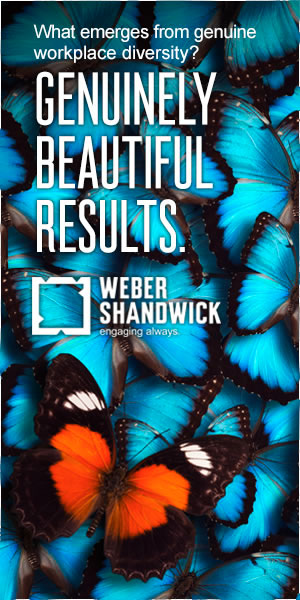Coca-Cola, one of the most recognized brands in the world, spent 4 billion U.S. dollars on advertising in 2016. McDonald’s spent 143 billion U.S. dollars on advertising the prior year in 2015. Meanwhile, bootstrapped and even some funded startups struggle to compete in these markets, not having even a fraction of these budgets. That level of spending could completely fund the marketing costs of thousands of startups that have great ideas you’ve never heard of.
So how do these startups, the ones who could benefit most from increased marketing efforts, solve this riddle while in a playing field among the big names in the industry? The answer is by leveraging other entrepreneurs to crowdsource the solution to common marketing problems.
One of the companies at the forefront of this strategy is The Mastermind Exchange which gives entrepreneurs an affordable, yet effective way to get press for their business, solve marketing challenges, and find complementary businesses to collaborate with. The premise behind the organization is to pool expertise, contacts, and knowledge to solve each other’s day-to-day business challenges and accelerate growth. By investing very little in terms of dollars, and some time each month, entrepreneurs can make big gains with little investment. All the while having an advisory group of their peers as a sounding board for business decisions.
While mastermind meetings are not a new concept, Napoleon Hill discussed the master mind alliance in his book, The Law of Success in 1920, they have remained somewhat underground in the startup scene. Ask many entrepreneurs and they’ll tell you they’ve never heard of them. But the ones who have, can attest to the success of these groups.
Thierry Augustin, Business Strategist and Founder of Augustin Strategies LLC, said “Masterminds are the key to working smarter and not harder. The meetings give you access to experiences across industries. By sharing what’s working and not working, each member leaves with a new perspective on growth strategies instead of just sticking to what’s conventional in the field. Masterminds allow you to pivot quickly and plan efficiently because of the wealth of wisdom in the room.”
It’s no surprise that this business model is gaining steam, after all, the sharing economy has been on the rise for some time. Tom Goodwin put it best when he said “Uber, the world’s largest taxi company, owns no vehicles. Facebook, the world’s most popular media owner, creates no content. Alibaba, the most valuable retailer, has no inventory. And Airbnb, the world’s largest accommodation provider, owns no real estate.”
This new way of doing business has tapped into a wealth of knowledge that is benefiting both the individual service providers and the users.


